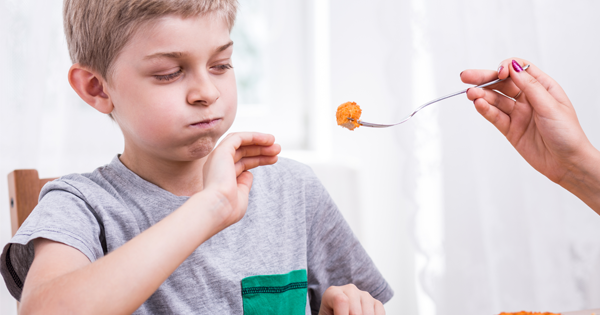There are some foods that just divide people. Foods like coffee, cilantro, or beer are things that you and everyone around you are likely to have strong feelings about.
Why is that?
As with any phenomenon that spreads across populations, there’s no one simple answer. John Hayes, associate professor of food science at Pennsylvania State University, said that at least part of it has to do with DNA. “Something as simple as…a really small change in your bitter receptor gene can actually influence how much you like to eat vegetables and how much you do eat vegetables.”
It’s also about your personality. In research, it was found that people who like to eat spicy food also had a high correlation to being thrill-seekers.
Of course, a lot of people’s food aversion comes to having some sort of food poisoning or bad experience related to foods. You’re more likely to hate spinach if you ate spinach once and threw up. That food is then connected to that experience for you and you’re repulsed for the rest of your life.
Of course, picky eating isn’t an excuse to undernourish yourself. Too much picky eating can lead to an eating disorder, such as avoidant restrictive food intake disorder.
This is especially true in children. Allowing children to avoid food just because they don’t like it could lead to stunted growth or inability to participate in group activities like group dinners or birthdays due to their pickiness.
Treatment for selective eating varies from person to person, of course. Sometimes it may be as simple as preparing the food differently or adding another food or spice to it to make it more palatable.
And if you don’t like, say, spinach, this doesn’t give you a pass to stop eating veggies. Pickiness doesn’t mean you can’t get all the nutrients you need.





